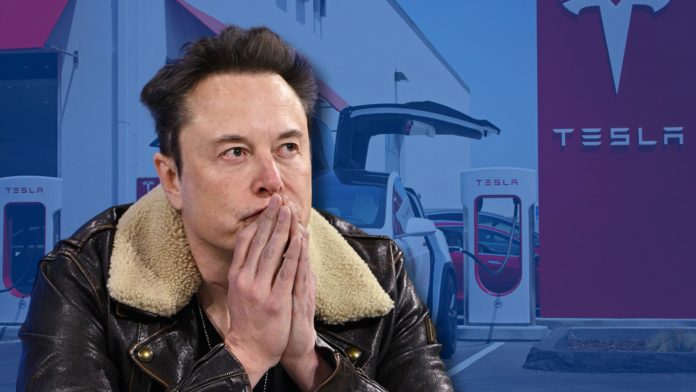Tesla has settled a highly publicized lawsuit over the death of Apple engineer Walter Huang, who crashed his Model X while using Autopilot in 2018.
The surprise settlement arrived just before the trial was set to start in California and follows a bitter, years-long struggle between Tesla and Huang’s family members. The settlement terms were not disclosed as the electric vehicle brand has filed to prevent the details from being made public.
At the center of the case was Huang’s use of Tesla’s Autopilot self-driving system, which the plaintiffs blamed for the fatal crash. The Apple engineer was using the service while driving his Model X on a California highway when the vehicle swerved and crashed into a road barrier. A subsequent investigation by the National Transportation Safety Board (NTSB) attributed the incident partly to Autopilot’s failure to respond to the situation, partly to driver distraction, and partly to the state of the road.
The NTSB suspected that Huang was playing a game on his phone before the crash, a possibility that Tesla used to defend the performance of its self-driving platform by pointing to the driver’s inattentiveness. However, the agency also reported that the Model X’s Autopilot system failed to alert the driver as his vehicle began to swerve and did not deploy the automatic emergency brakes as it had been designed to. The NTSB also reasoned that the highway’s faded lines may have been an additional factor.
In addition to claiming that Autopilot had not worked as intended, the Huang family attorneys argued that Tesla had used inaccurate and misleading marketing to sell the service. Plaintiff lawyers argued that the company’s messaging around its self-driving systems oversold their safety and may have convinced consumers, including Huang, that they did not need to pay close attention when navigating their vehicles.
Tesla’s Autopilot and other self-driving platforms have received increasingly hostile sentiments from consumers as the number of crashes involving the use of such systems has grown. Last week, the electric vehicle brand announced plans to unveil its own robotaxi later in 2024, confirming its intent to enter the struggling market. When it does, it will share a market with two primary competitors, Google’s Waymo and General Motors’ Cruise. The latter’s operations were suspended last year following an incident in which one of its vehicles dragged a pedestrian.
In asking the court to seal the settlement dollar amount from public view, the company’s lawyers stated that “other potential claimants (or the plaintiff’s bar) may perceive the settlement amount as evidence of Tesla’s potential liability for losses, which may have a chilling effect on settlement opportunity in subsequent cases.”




